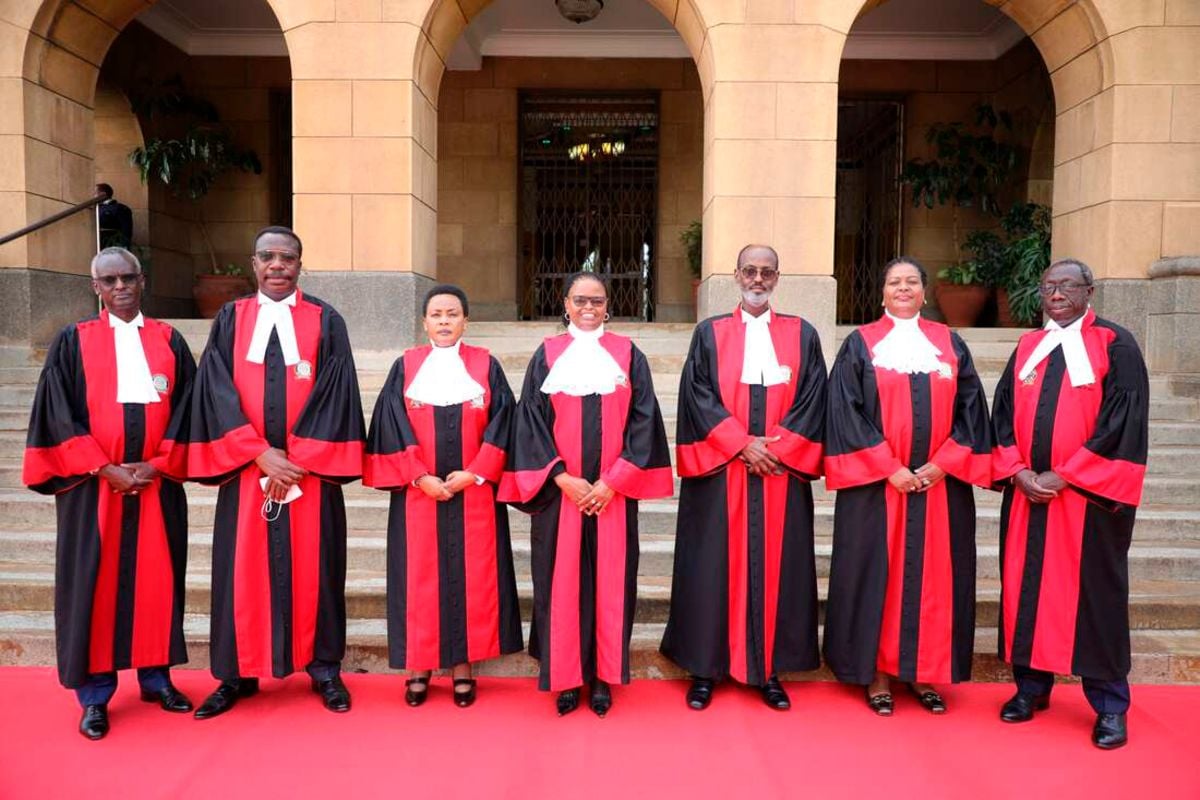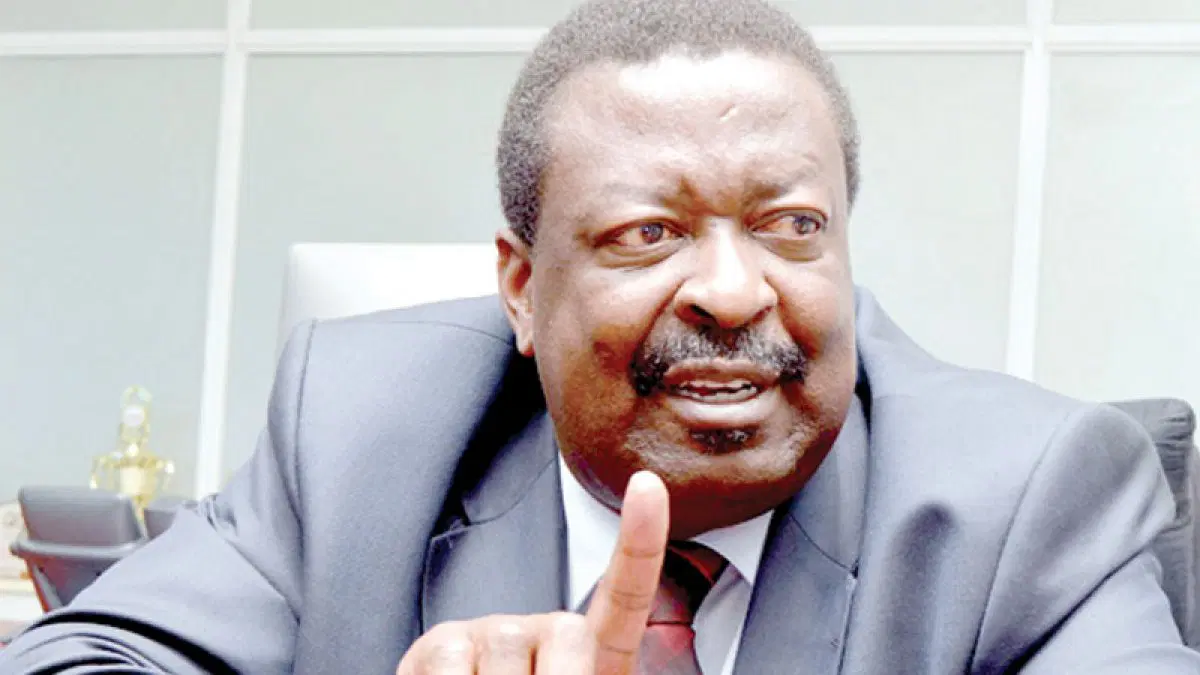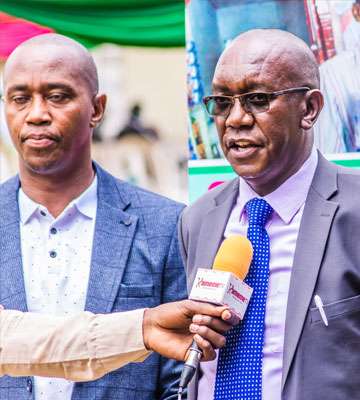By The Weekly Vision
Chief Justice Martha Koome has expressed concern that the judiciary’s operations have been severely hampered by budgetary constraints, limiting Kenyans’ constitutional right to accessible justice. In the 2024/25 fiscal year, the judiciary received Ksh 23.7 billion, a slight increase from the previous year’s Ksh 23.2 billion. However, Koome highlighted that financial challenges continue to threaten judicial independence.
“When President William Ruto took office in September 2022, he pledged to increase the judiciary’s budget by Ksh 3 billion annually to support its functions. However, despite a Ksh 4.3 billion increase last year, that promise has not been fully realized,” Koome said.
She also pointed to the National Treasury’s directive on June 28, 2024, ordering government bodies to reduce their spending by 15 per cent, warning that this would critically impact the judiciary and Judicial Service Commission’s (JSC) operations, limiting funds to only essential services. As a result, all pending recruitment, including 11 Court of Appeal judges set to be appointed in July 2024, has been suspended. Currently, the Court of Appeal operates with just 29 judges across six locations, resulting in a backlog of 13,331 cases by May 2024.
To address this backlog, the JSC successfully pushed for amendments to the Judicature Act, increasing the maximum number of Court of Appeal judges from 30 to 70. During a recent meeting with development partners, Koome sought financial assistance to bolster court infrastructure and personnel security. She referenced the tragic killing of a judicial officer in open court in June, saying budget constraints had hindered the implementation of enhanced security measures.
Koome also emphasized the need for funding to establish magistrates’ courts in the 151 constituencies that lack them. Additionally, the judiciary is scaling up specialized courts to serve vulnerable groups, including small claims courts to resolve commercial disputes for SMEs and gender justice courts in areas with high incidents of sexual and gender-based violence (SGBV). She also discussed the expansion of children’s courts to better cater to the unique needs of children.
The judiciary is also advancing Mediation and Alternative Justice Systems (AJS) initiatives with the setup of Mediation and AJS Suites nationwide. Koome explained, “Some disputes are best settled outside formal courts. We are committed to offering alternative methods of resolution to ensure justice for all Kenyans.”
In efforts to make court operations more sustainable, Koome highlighted that remote court stations are being powered by off-grid energy, including solar. She further revealed that the judiciary is reviewing bond and bail terms, as well as prison sentences, to reduce overcrowding and enhance rehabilitation.
“Our correctional facilities are holding more inmates than their capacity allows, which undermines their rehabilitation purpose. We’ve launched a Rapid Results Initiative to address this issue,” she noted. Koome also appealed for support in establishing a National Transcription Center to ensure accurate, swift court proceedings, especially with the introduction of e-filing systems.
Koome defended the judiciary’s role in upholding the rule of law, particularly following the nationwide anti-government protests that saw reports of human rights violations, abductions, and disappearances of government critics.





